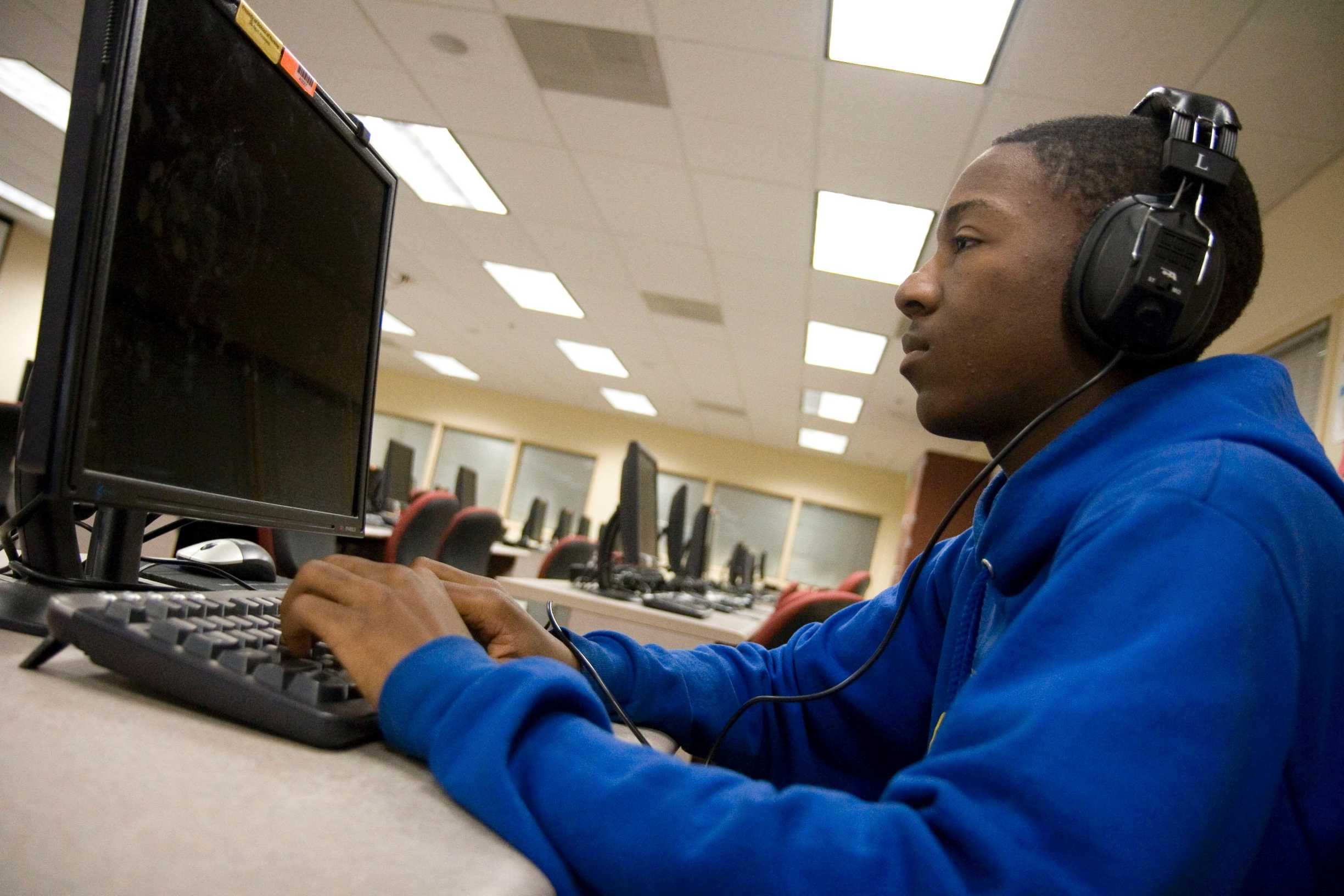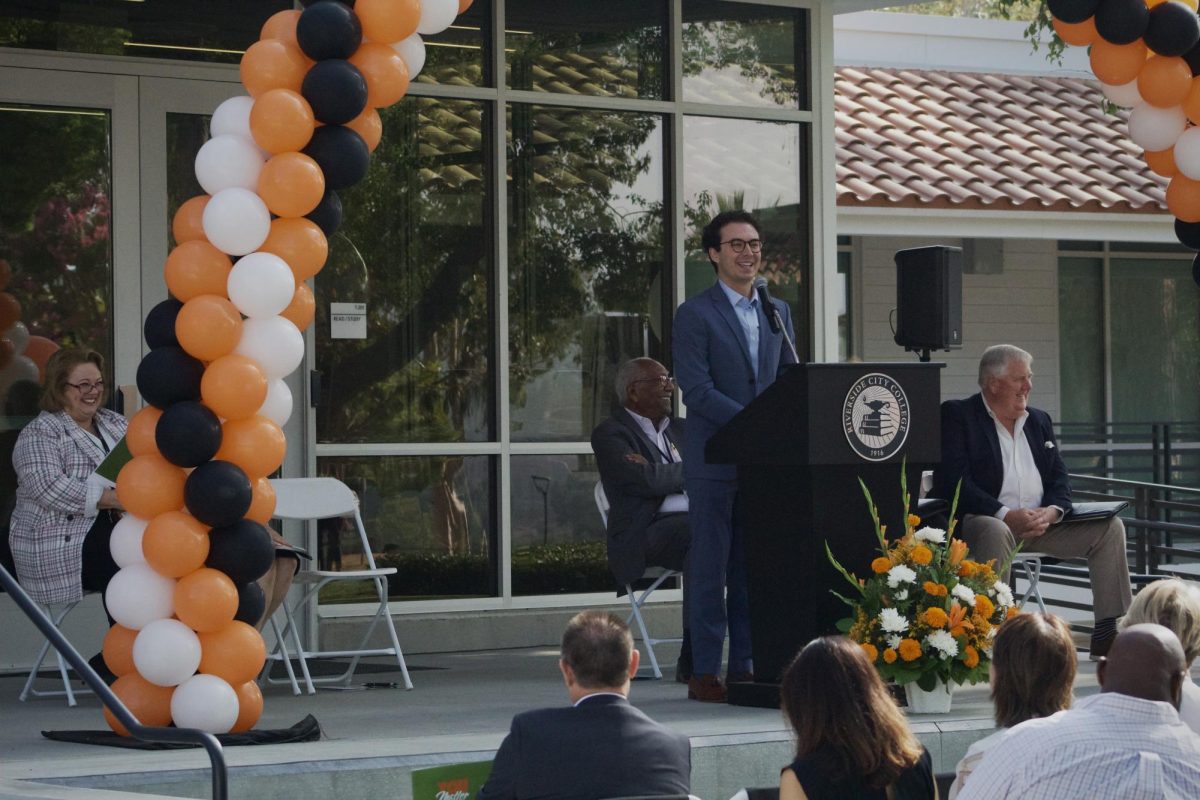By Ashley Anderson / News Editor

Bad news (Allison Perez / Photo Editor)
By Ashley Anderson / News Editor
Riverside City College students will notice a few changes around campus starting this summer and next fall, as administrators map out which academic areas are most important at the college.
The main priorities that have come out of administrator and faculty strategic planning are that maintaining the college accreditation, helping students transfer, and technical education at RCC are among the highest goals.
Due to lack of success in basic skill levels and English as a second language classes risk being drastically cut.
“We haven’t done as great a job in terms of success. Successful completion means graduation, certification, and employment,” said Wolde-Ab Isaac, vice president of academic affairs. “They look at the basic skills levels 4, 5, 6. We feel the resources we put into elevating these students, the gap is too large. When they come in with 6th and 7th grade skills bringing them up to college level takes too long.”
“The feeling among the ESL students is a feeling of discrimination because we do not have a voice here at RCC. Among the teachers, among the ESL students, we feel that this action is very offensive to us. We are here because we have an academic goal (…)” said Gloria Wells, RCC student. ” (…) everybody has an academic goal. The majority of them want to transfer and go to a university and taking ESL classes are given the basic skills of reading, speaking, and writing to succeed here at college, and then transfer to the universities.”
Another area that may face changes is the Individual Learning Activity or open labs in areas like foreign language and math which may be reduced. Large class stipend that are not planned, will be the first to go, “we have to focus on those things we can do well, our main focus by strategic planning is to maintain accreditation and transfer is a high priority and also technical education” said Isaac.
In general, student services will be reduced because the grants are reduced and no funding will be available in the general fund to keep these programs going.
“The open labs for languages, math and reading and writing center are being supervised by full-time or part-time faculty and that takes huge amounts of resources to be able to open those labs,” he said “The whole of MLK will be labs made up of tutors and supplemental instruction perhaps students instead of faculty, but the faculty involvement will be slightly reduced.”
However, there is a new program set to start at RCC in the near future called completion counts. This is for high school seniors from Alvord Unified School District and the Riverside Unified School District, whereby seniors will have “fast track” access to all the classes needed to transfer in a two year period.
The incoming high school students who qualify for the program sign a contract and then receive priority registration so they won’t stay at RCC any longer than they have to and can transfer quicker.
“What the fast track system does is bridge the high school to direct college level courses (at RCC) and then a guaranteed transfer,” Isaac said “because transfer rates so far have not been that great, the new initiative takes on from whatever experience of success that we have had.”
“This program is under the CLIP Grant, funded by the Bill and Melinda Gates Foundation, given to only a few cities in the United States,” he said. “It’s still at the pilot phase, anywhere between 300-500 students qualify, and if this model works we would like to create this pathway, this will be a high priority in the future if this works.”






